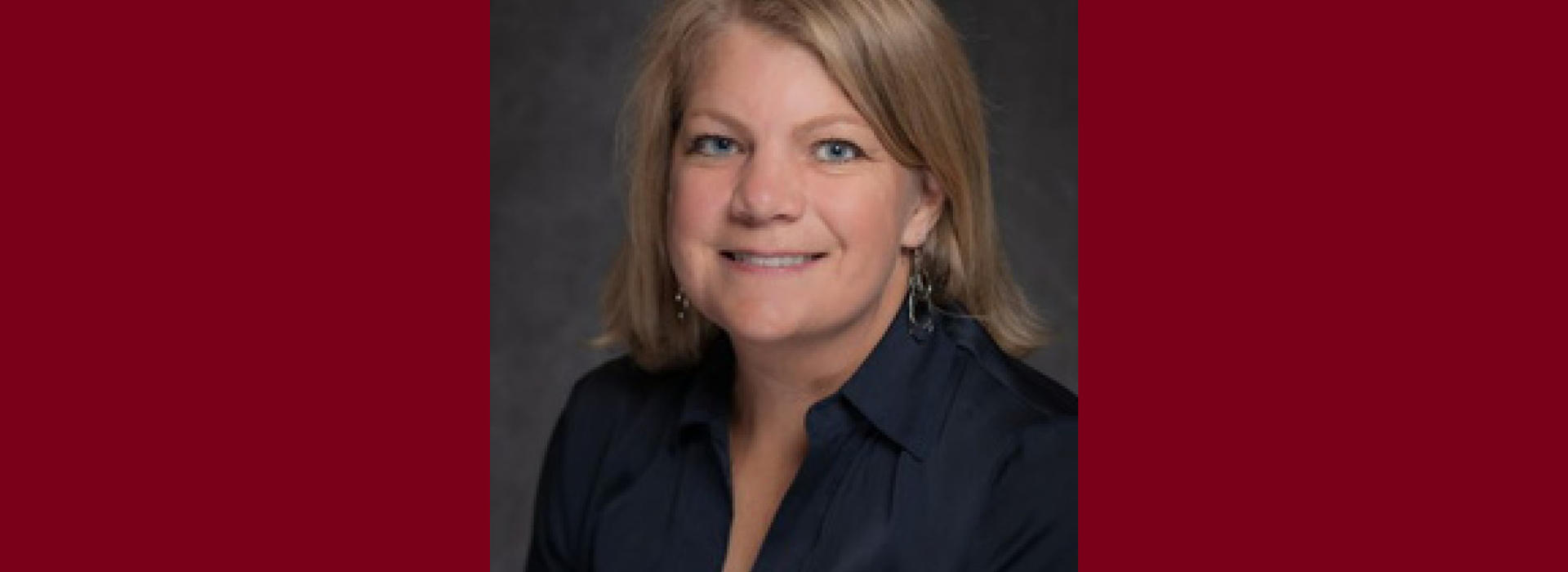
Neonatologist Dr. Kari Roberts, ’99, is an Expert in Clinical Care and Research
As a newborn intensive care unit (NICU) physician, Kari Roberts, MD, ’99, is passionate about babies. “During my third year at the University of Minnesota Medical School, I participated in the Rural Physician Associate Program (RPAP) in Moose Lake, Minnesota,” she said. “It was an amazing opportunity to see families and patients of all ages, deliver babies, assist with surgeries and be part of a community. During that time, I realized that I enjoyed the pediatric population the most, which was the basis for my decision to pursue pediatrics as a career.”
As a specialist in neonatology, Dr. Roberts earned her undergraduate degree at the University of Minnesota, Morris. “I initially thought I wanted to teach high school math but while at Morris, my interest in medicine was sparked by my experiences as an emergency medical technician (EMT) on the ambulance crew and 911 dispatcher.”
During her time in Morris, she realized her love for rural settings and applied to earn her medical degree at the U of M Medical School, Duluth Campus. “It was a great fit and I was fortunate to be able to attend medical school with my older brother, Monte, who is a year older but deferred for a year,” she said. “He and his wife, Jen, lived in the same apartment complex so it was a fun opportunity to spend time with them and to walk to ‘school’ with my brother. I also loved living in Duluth, especially running on the boardwalk and cross-country skiing at Lester Park with my classmate Pete Sandgren.”
Following her graduation, Dr. Roberts was invited to pursue her residency in New Hampshire. “I did a pediatric residency and fellowship in neonatology at the Children's Hospital at Dartmouth in New Hampshire. My husband, Bill, obtained his PhD in chemistry from Dartmouth during the same time. We later moved back to the Twin Cities to be near our families as we raised our family.”
Currently, Dr. Roberts is an associate professor in the Department of Pediatrics at the U of M Medical School and practices at M Health Fairview Masonic Children’s Hospital. The combination of clinical care and research has led to numerous collaborative opportunities that include device development and international travel.
“We often care for babies for weeks or months during their NICU stay, and it is an honor to be able to walk alongside parents during really stressful times and then also the joyful times when they transition home,” Dr. Roberts said. During clinical hours, she handles complex care situations including extracorporeal membrane oxygenation (ECMO), congenital heart disease, metabolic disorders, extreme prematurity and babies who are learning to eat and gain weight before they go home with their parents.
While Dr. Roberts enjoys the clinical setting, the research component of her career has incredible depth that focuses on cutting-edge treatment and support for infants who need extreme medical care.
I have pursued investigating a less-invasive method to administer a lung medication, called surfactant, that preterm babies need to help them breathe. The method is called SALSA (Surfactant Administered through Laryngeal or Supraglottic Airways) and it is a procedure that is faster, easier and less stressful for the baby than the traditional method of administering surfactant through an endotracheal tube and decreases the need for mechanical ventilation. This method is now becoming more common in NICUs across the U.S. and internationally, as the procedure requires minimal equipment and minimal skill to perform, thereby making it appropriate for low-resource settings where mechanical ventilation is not available. I am also currently working with the industry as a consultant to develop a device that would make the procedure available to even smaller infants.”